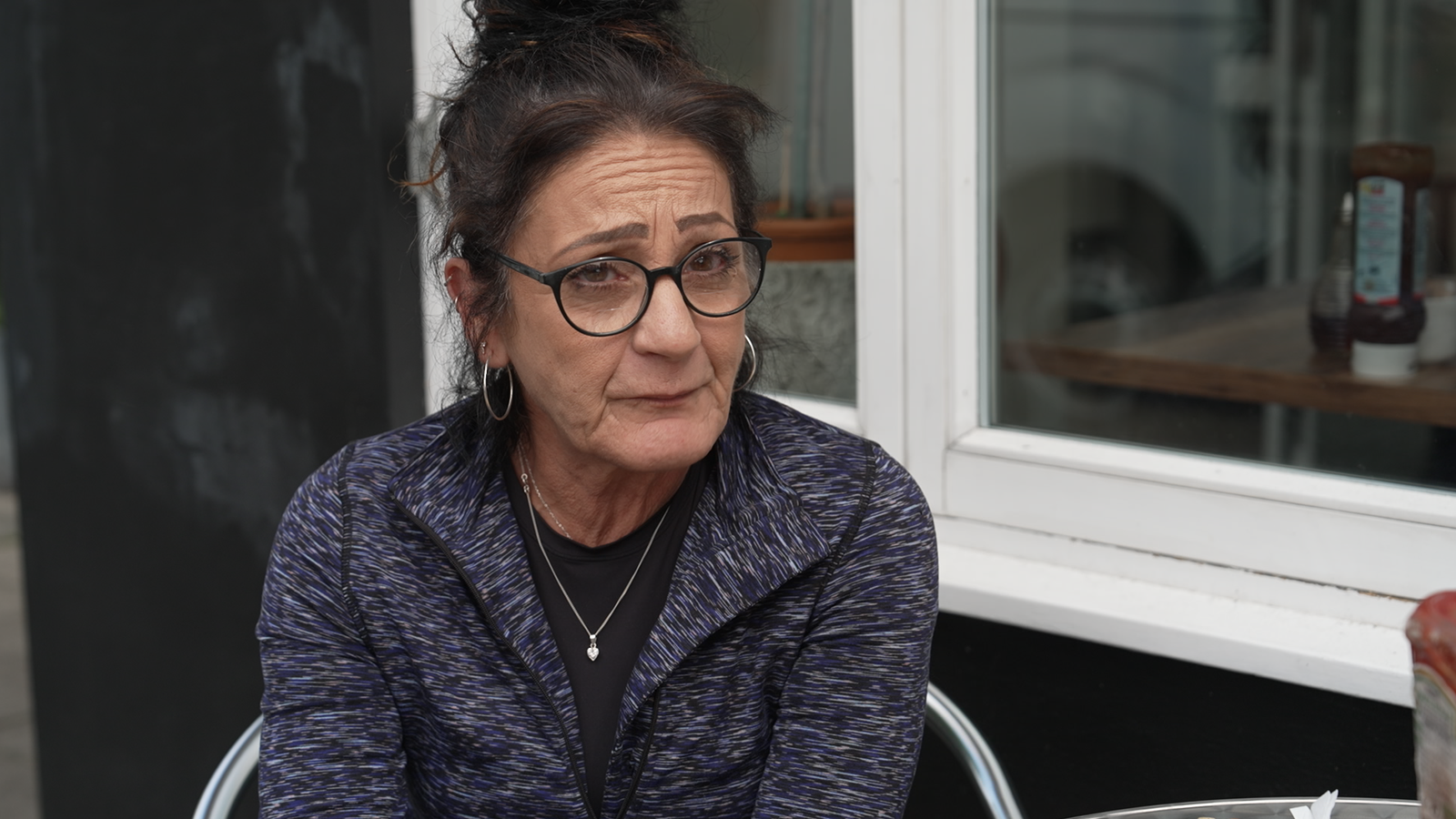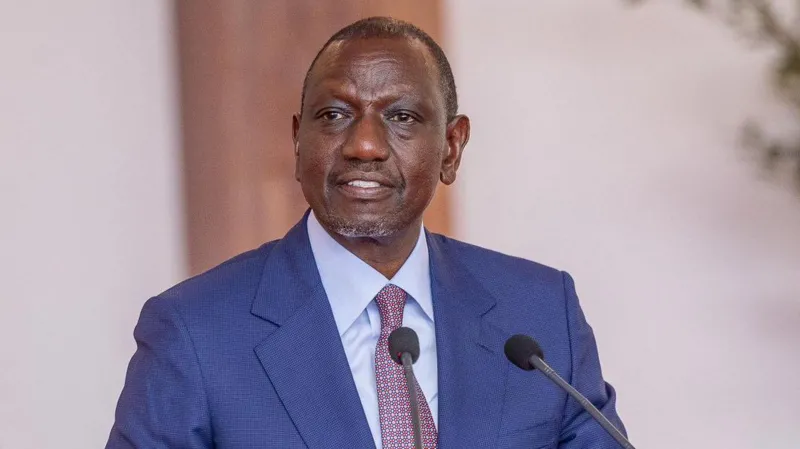Ex-Twitter executive: Saudi dissidents should be wary of Elon Musk takeover
A former Twitter executive says that Saudi dissidents should consider dropping their use of the social media platform in light of the outside role that a prominent Saudi billionaire, with close ties to his country’s repressive government, has in the newly organized company under Elon Musk.
As part of the restructured firm, Saudi Prince Alwaleed bin Talal — chair of Kingdom Holdings and a public ally of Crown Prince Mohammed bin Salman, also known as MBS — has emerged as the second-largest shareholder in Twitter, with a $1.89 billion stake in the company. That has raised new questions about what the Saudis, who notoriously infiltrated Twitter and stole personal data on dissidents several years ago, hope to get in return for their investment, according to Vivian Schiller, who served as chief of global news for Twitter from 2013 to 2014.
“For dissidents or others who are operating anonymously, I would probably caution them about their continued use of Twitter,” Schiller said in an interview on the Yahoo News "Skullduggery" podcast. Such users should “take a look at the kind of information they provided [to Twitter] — cell phone numbers, etc. — when they logged in, and maybe quit the platform.”
There is no indication that Prince Alwaleed will have any direct operational role in Twitter that would give him access to the personal data of users. But the prospect that he will have new influence in the management of the company has spurred concerns on Capitol Hill. Sen. Chris Murphy of Connecticut, a Democratic member of the Senate Foreign Relations Committee, last week called on the Committee on Foreign Investment — which reviews foreign investments in U.S. companies — to conduct an investigation into the “national security implications” of the deal. So too did Sen. Ron Wyden of Oregon, the Democratic chair of the Senate Finance Committee. “I’ve long argued that the United States has a national security interest in protecting Americans’ data from murderous foreign governments, and this Saudi regime absolutely fits that description,” Wyden said in a statement.
Schiller has first-hand experience with one of the key players in the Saudi plot to target political critics. In her role as chief of global news at Twitter, Schiller worked closely with Ahmad Abouammo, who at the time was the company’s manager of news partnerships in the Middle East and North Africa. Abouammo, who was arrested by the FBI in 2019, was recently convicted in federal court of receiving hundreds of thousands of dollars in bribes to supply Saudi officials with the personal data, including cell phone numbers, of Saudi dissidents and exiles critical of their government. (Another alleged co-conspirator in the plot fled to Saudi Arabia before the FBI could detain him.)
The Saudi plot, according to FBI and Justice Department documents, came from the top. Abouammo’s handler in the corporate espionage plan was the personal secretary to MBS and, as Yahoo News reported last year, the crown prince even boasted about the plot to an associate: “That was us. We did that. We have our guy at Twitter,” he reportedly said. (Although he was not charged, MBS is referred to in the Justice Department indictment of Abouammo as “Saudi Royal Family Member-1.”)
The alleged Saudi conspiracy took on added significance after the brutal assassination Saudi journalist Jamal Khashoggi in October 2018. One of the chief targets who had his private data stolen was Omar Abdulaziz, a Canada-based Saudi exile who had been in frequent communication with Khashoggi about their joint plans to counter MBS’s repression in the months before the journalist’s death. This prompted Abdulaziz’s lawyer to tell the Yahoo News "Conspiracyland" podcast last year that the Saudis likely got access to Abdulaziz’ cell phone through the Twitter plot and later were able to penetrate it with the use of highly sophisticated Israeli software. “There is a direct trail of blood drops from this hack to the murder of Jamal Khashoggi,” lawyer Mark Kleiman said.
“It’s horrifying,” Schiller said on the "Skullduggery" podcast about the Saudi plot to steal the personal data of dissidents. Abouammo was a “lovely guy,” and she “enjoyed working with him,” she said. “Needless to say, [I] wouldn't in a million years ... have imagined that he was using the internal systems to supply the Saudis with the registration information of personal data from Saudi dissidents.”
-yahoo news







